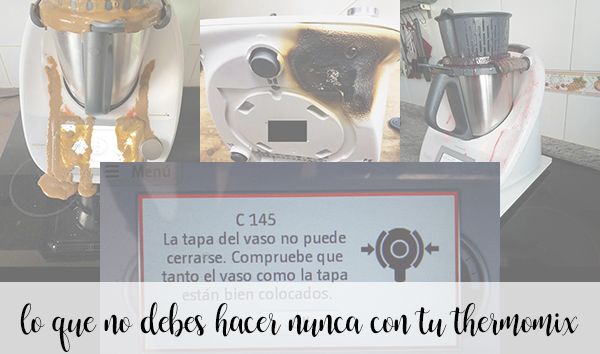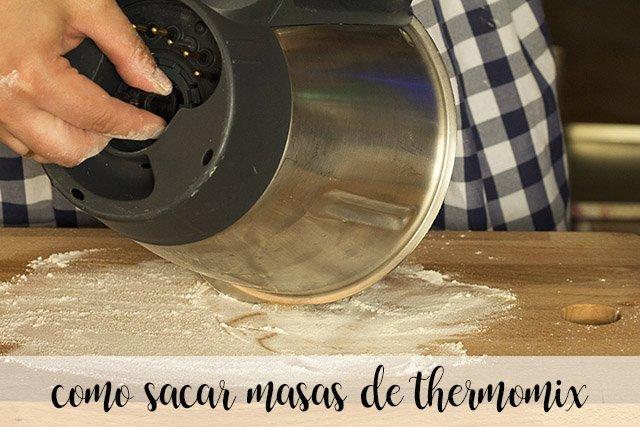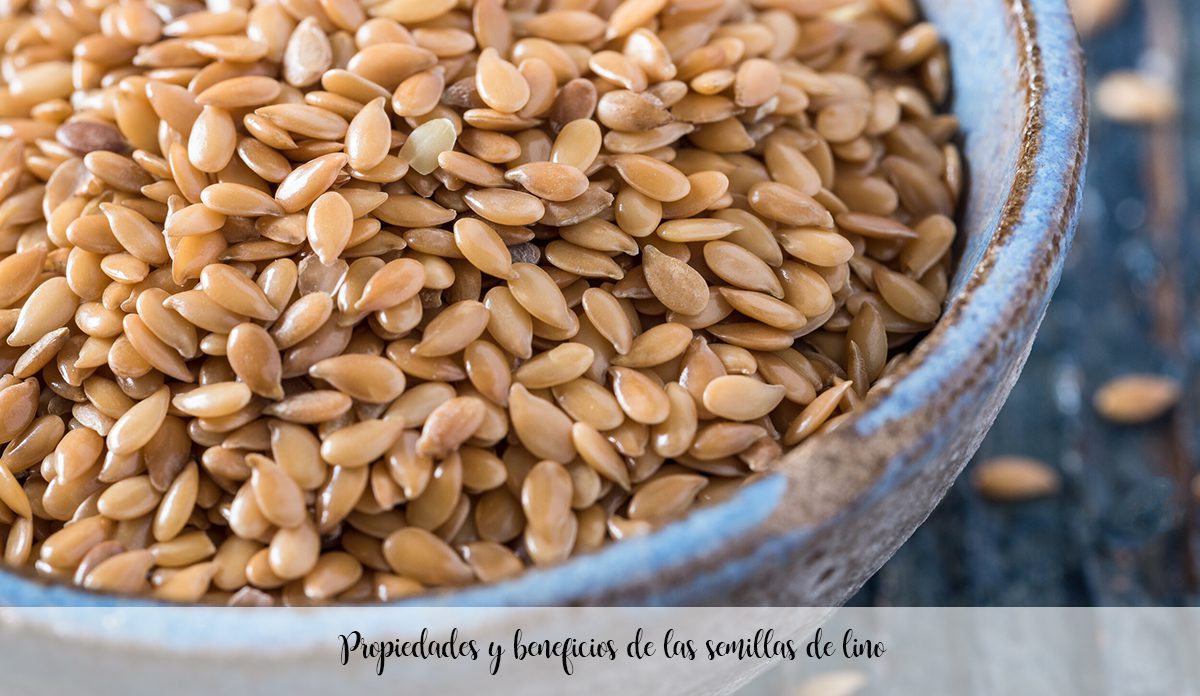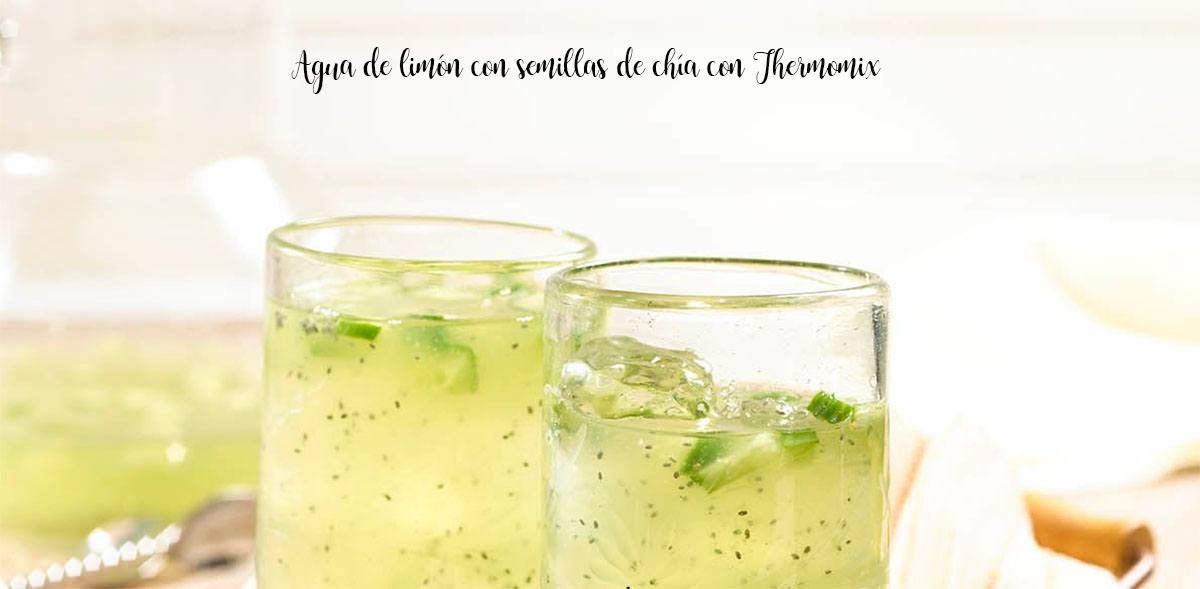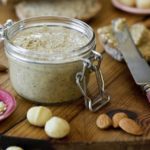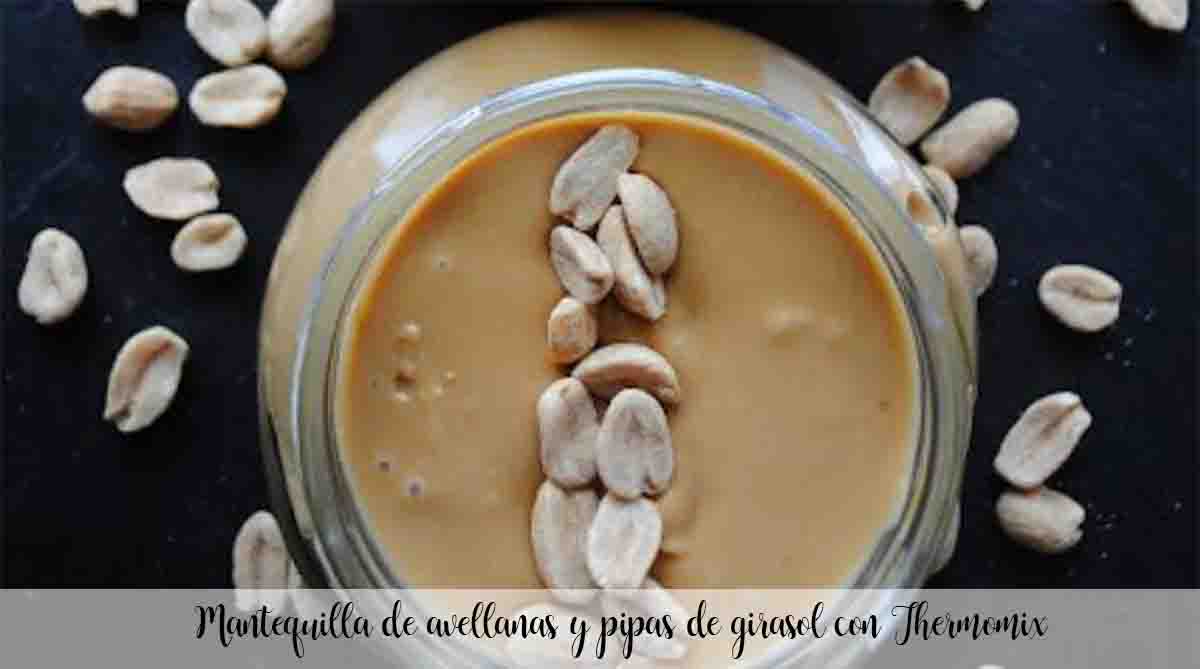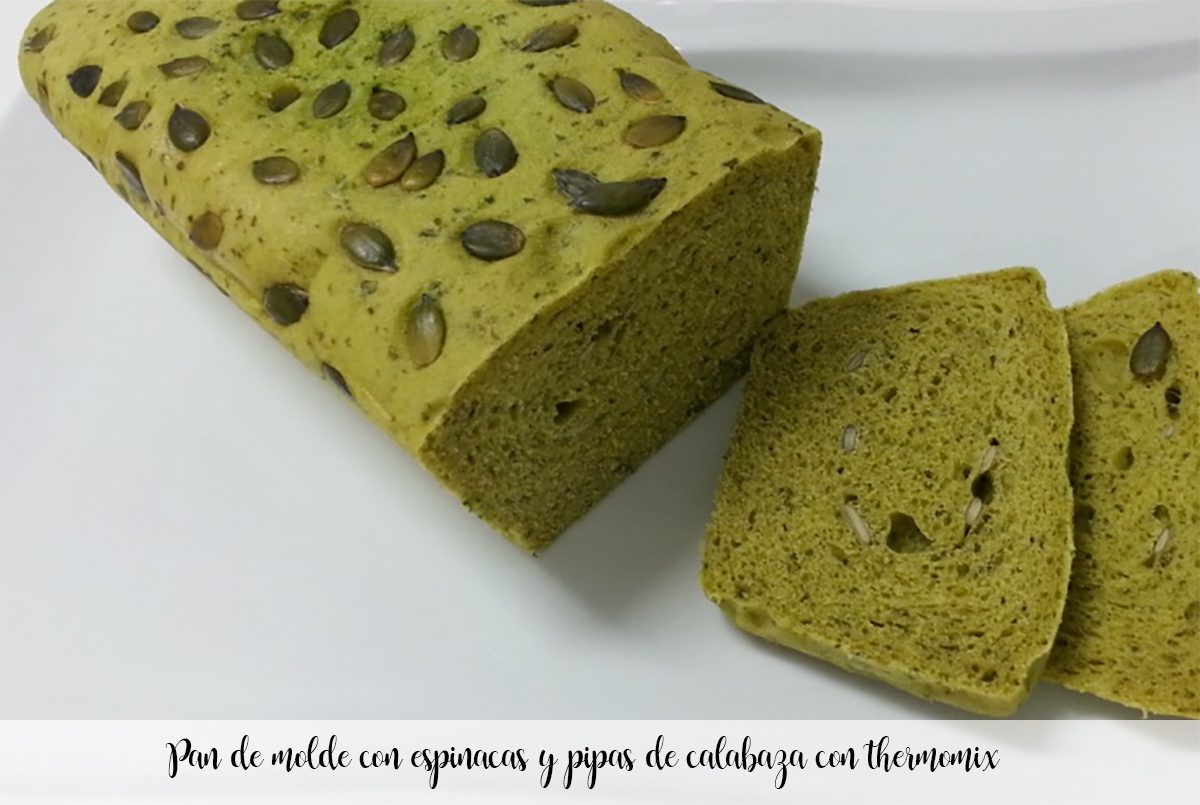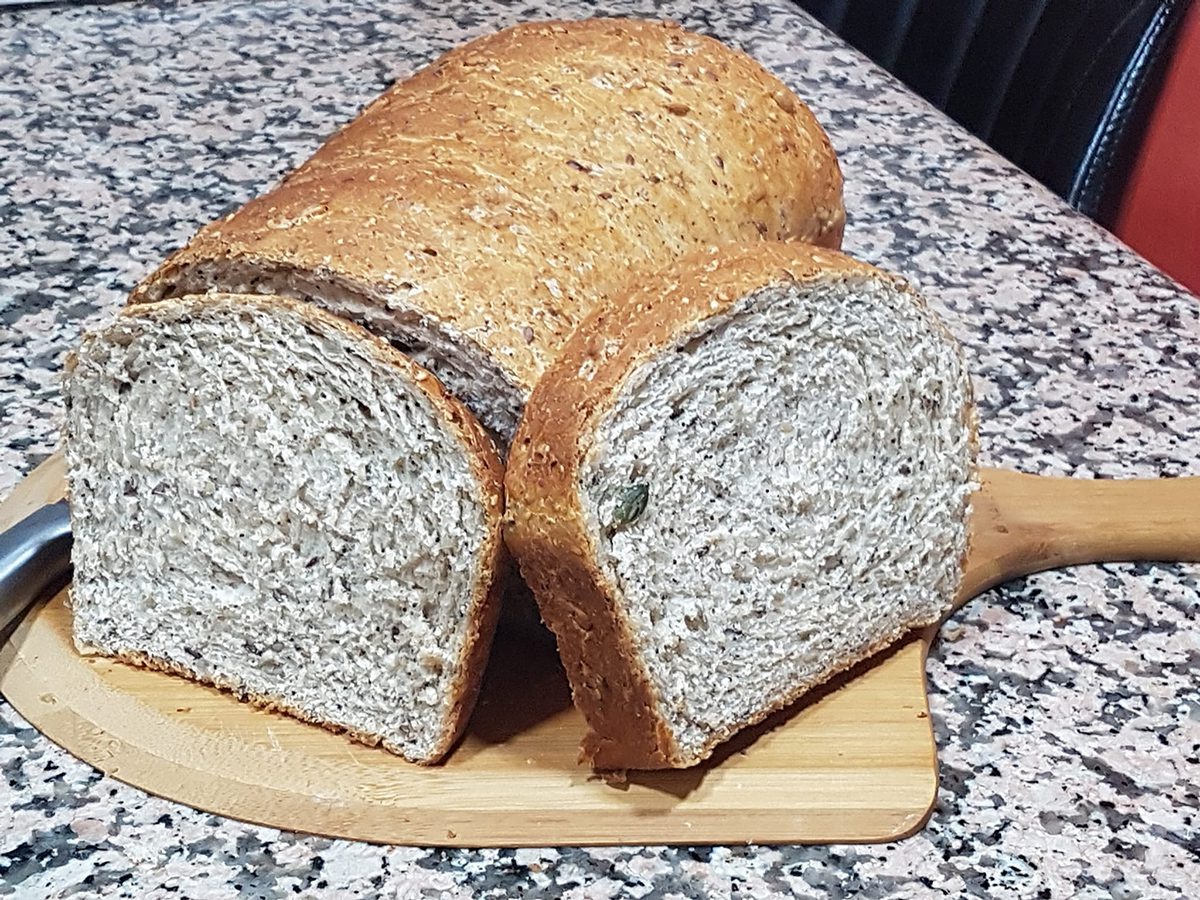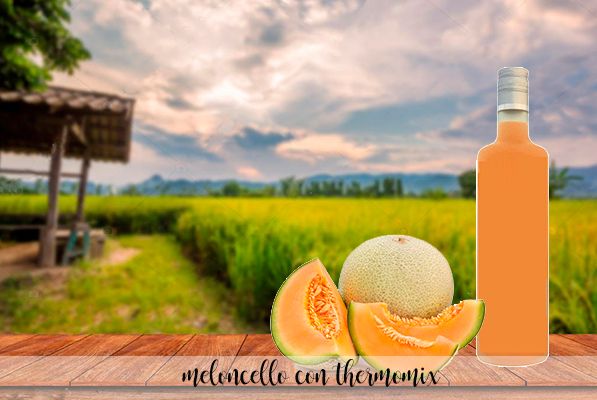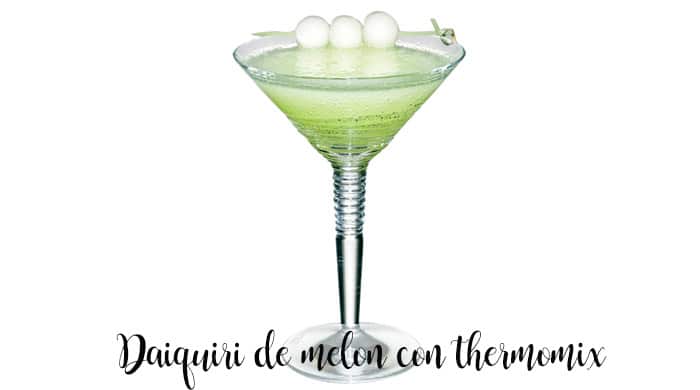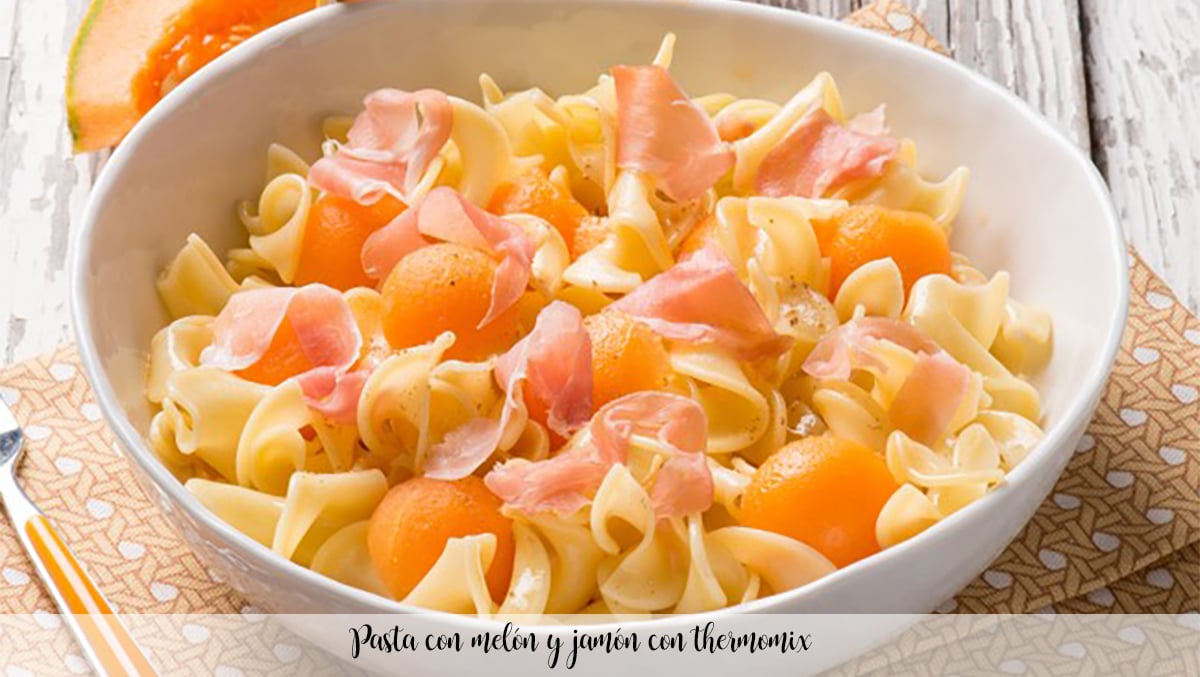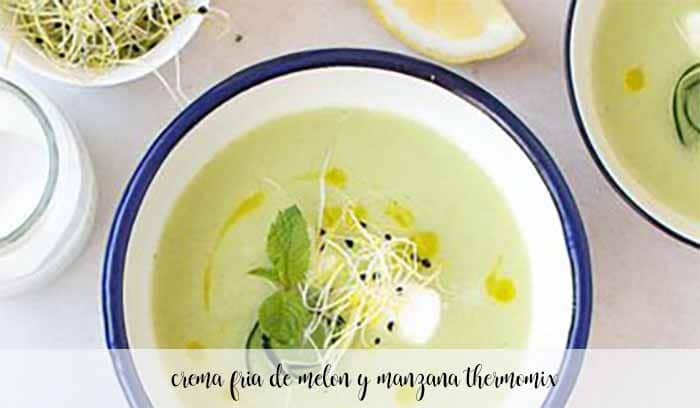Melon seeds should not be thrown away as they are a source of nutrients and health benefits. They contain vitamins: A, B6, B12, D and E, and regulate the formation of cells in the blood
Here are some reasons why you shouldn’t throw them away:
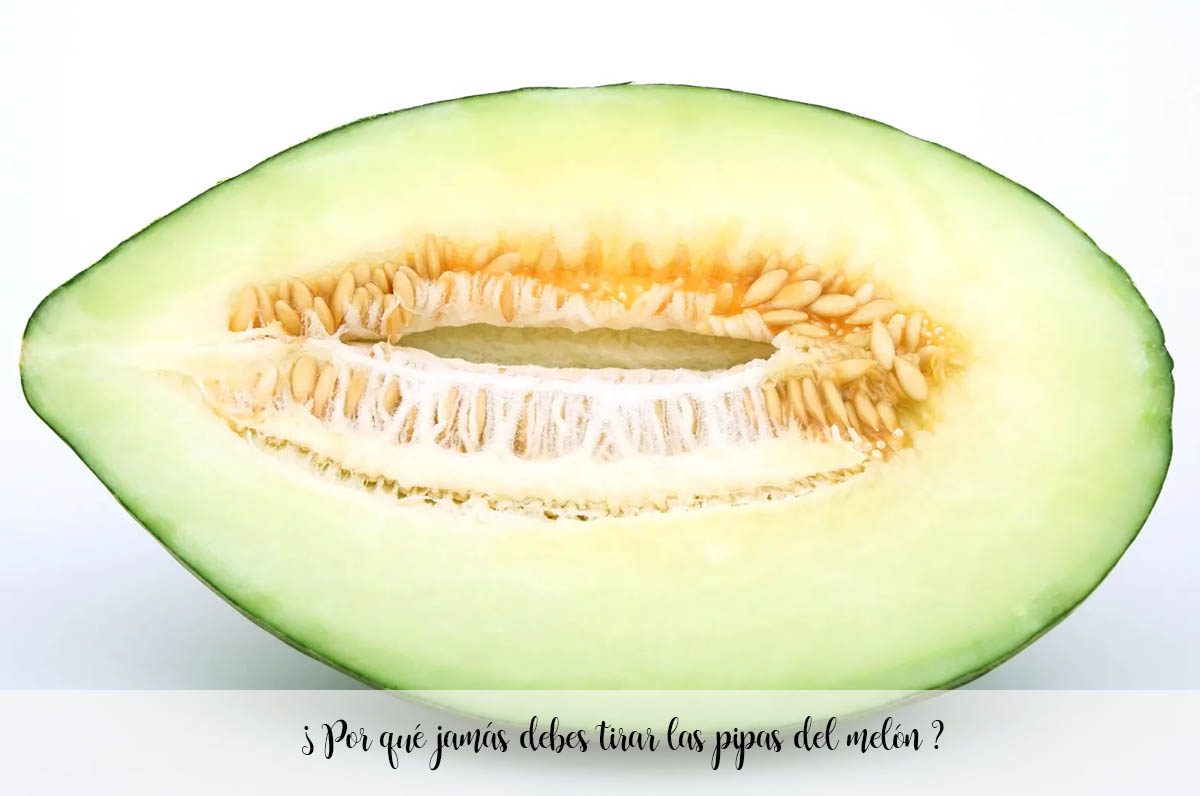
Why should you never throw away the melon seeds?
Why should you never throw away the melon seeds?
Category:
Properties Food
Ingredients for Why should you never throw away melon seeds?
- Why should you never throw away the melon seeds?
Preparation of Why should you never throw away the melon seeds?
- *Nutrition: *Melon seeds contain a large amount of nutrients, such as protein, healthy fats, fiber, vitamins (such as vitamin E) and minerals (such as magnesium, potassium and zinc). These nutrients are essential for the proper functioning of our body and can contribute to a balanced diet.
- Antioxidants: Melon seeds are rich in antioxidants, including vitamin E and flavonoids. Antioxidants help protect our cells against damage caused by free radicals, which are associated with premature aging and various diseases.
- Anti-inflammatory properties: Some studies suggest that melon seeds may have anti-inflammatory properties due to their content of omega-3 fatty acids and phenolic compounds. These properties could help reduce inflammation in the body and have general health benefits.
- Cardiovascular health: Melon seeds contain healthy fats, such as omega-3 fatty acids, which can help promote cardiovascular health by lowering bad (LDL) cholesterol levels and raising good (HDL) cholesterol. They also contain arginine, an amino acid that can help relax blood vessels and improve circulation.
- Digestion and intestinal health: The fiber present in melon seeds is beneficial for digestive health, as it helps prevent constipation and promotes regular bowel function. Additionally, fiber acts as food for beneficial bacteria in the gut, supporting a healthy balance of intestinal flora.
- culinary use: Melon seeds can also be used in the kitchen in various ways. They can be toasted and used as a salad topping, added to breads, crackers or granolas, or even made into a delicious seed butter.

